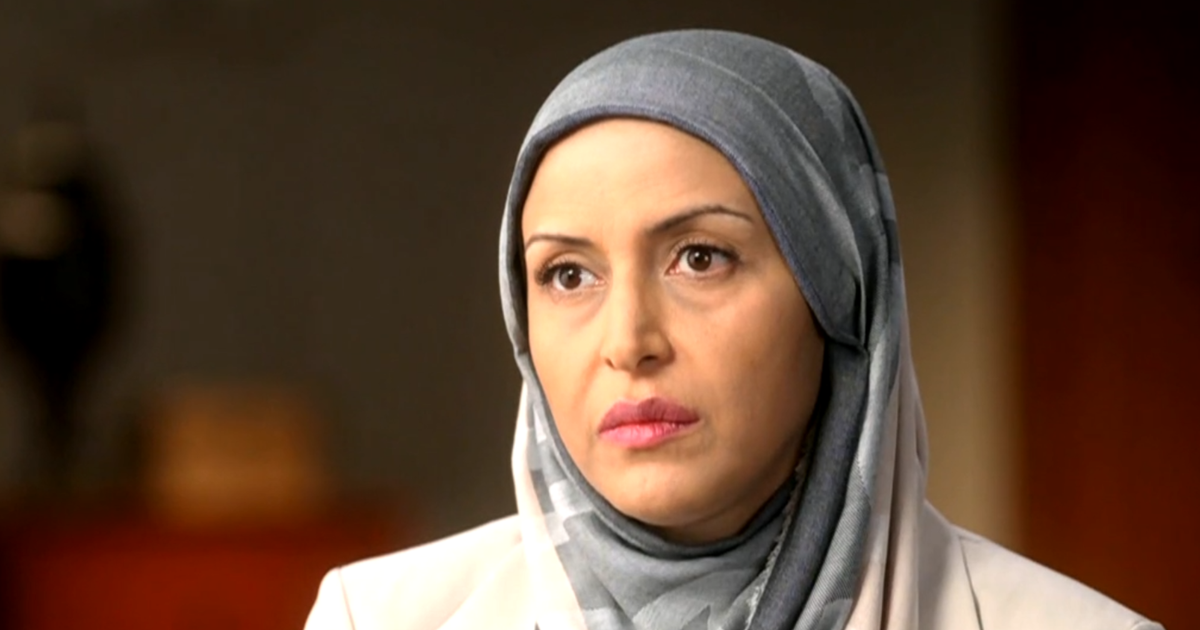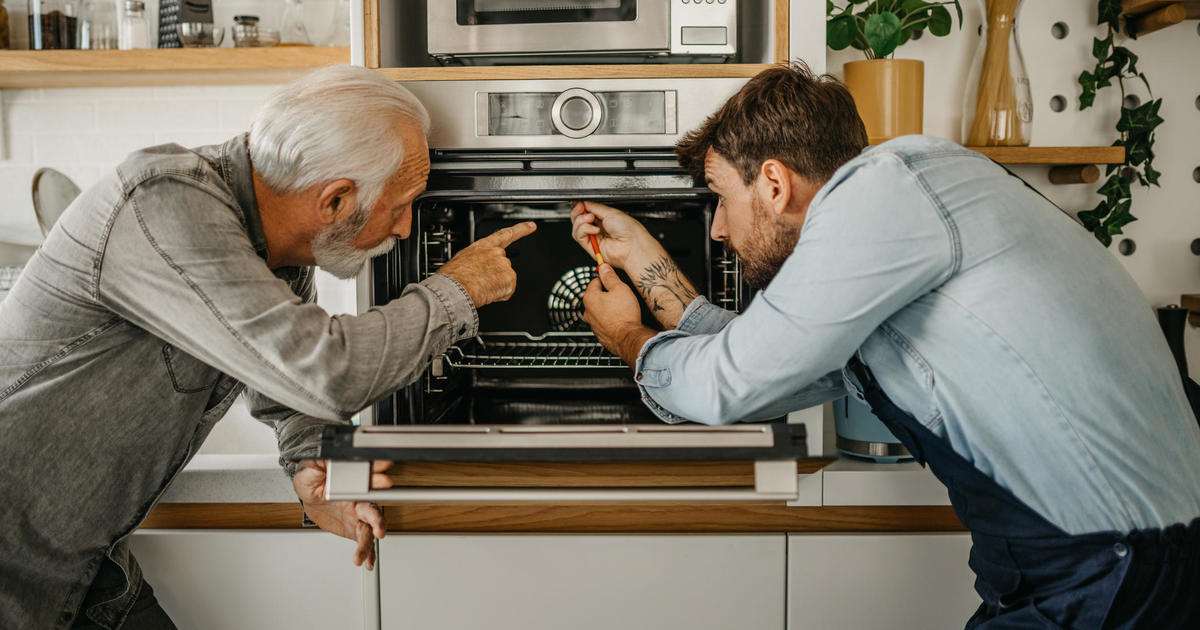Nonprofit group fights for artists to get paid amid coronavirus
Sam Potrykus and Emma Leavitt are co-directors of Brain Arts Org, a Boston nonprofit group that helps stage music and art events, and of the Dorchester Arts Project, which is home to more than a dozen studios and performance spaces. The pair spoke with CBS MoneyWatch about how they're faring keeping Brain Arts — which serves more than 900 artists, musicians and others, many in poorer communities — going during the coronavirus crisis on an annual budget of roughly $100,000. This interview has been edited for length and clarity.
You were in the process of expanding Brain Arts and its budget when the virus hit. What happened?
Emma Leavitt: Literally, the day before the quarantine, we had a call with the accountant to figure out and calculate how much money, how much income we were bringing in. We're in the midst of a transition from an all-volunteer organization to a more conventionally structured nonprofit that can hire people. And I would say the Dorchester Art Project (DAP) was also our inspiration to start that. Not only because of the financial obligations that are inherent to DAP, but also because we want to reflect the community that we're based in. It's just not equitable to expect the marginalized people that we share our neighborhood with to volunteer for us. So we had to change our structure.
Sam Potrykus: Based on the net revenue at the end of the year, we were poised to have 10 people working, three of which are full-time and then the other seven part-time.
Where we've hired, money is going into the pockets of Dorchester people. But in the face of equity, it makes it even harder to do the right thing and survive.
But right now, we're kind of back down to panic mode. It's basically - everyone's keeping their gigs. But in terms of part-time staff, that was the jump. It was just stipends, and we could pay out little tips. It's those kind of gigs. We pay out a lot of gigs. But now the gigs are dried up, and that's why we're fundraising.
- This small business owner applied for a PPP loan 4 times — no luck
- Owner who got Paycheck Protection loan: It's an "incredibly bad fit" for what businesses need
- This business owner received one of the first Paycheck Protection Loans
- Fighting to save his restaurant: "I have worked 21 straight days"
- For one business owner, painful job cuts only way to save her company
You haven't applied for a Small Business Administration Paycheck Protection Program loan, which nonprofits are eligible for. Have you applied for grants and other financial aid?
Leavitt: We applied to the City of Boston Artist's Relief Fund. We're applying to the Boston Foundation for a grant, and others. You have to have a relationship with a bank for a PPP loans — it takes a lot of time and skills to navigate.
Potrykus: Yeah, relief isn't as accessible to everyone. I think we try to act as one of those organizations that's just handing out the money — lowering the barrier to relief in the communities that need it the most, which are immigrant communities and the like. We now actually have more irons in the fire than we've ever had in terms of grants. We have 11 that we're going for.
One of the positions we're planning to hire is the grants manager, because we sort of realized, that's a person we should pay part-time officially. I'm working with our accountant, and they're still doing our books for the past year to the future year to see how much we're going to lose. The question is, could we afford to basically hire this person? Because grant-writing is so essential right now.
You also recently started a fundraiser on WithFriends.com for staff and other expenses. How will you use the money you raise?
Potrykus: We now have a responsibility to keep the money coming to the people that we promised money to. Having the physical space, having to pay that rent and generate that rent is how we became a more financially interesting, financially responsible organization. We're trying to save our small staff and keep our five to 10 people paid for their part-time work, even if it doesn't exist anymore.
If we can save this organization and get us into the post-COVID-19 world, we are poised to really create many more opportunities. And we want to be paying dozens and dozens, hundreds of artists' gigs, year-round. And furthermore, and by our leading by example, advocating for the fact that artists deserve to be paid more.
How are relations with your landlord — any issues over paying the rent?
Potrykus: He's been decent. We were set for a rent increase because our lease is actually being renewed, we're extending our lease for three more years. April 1 was the date for a rent raise, so he told us he's not raising the rent. So we told all our subtenants that we don't have to raise their rent.
And when it comes down to it, I mean, yeah, this is the nitty gritty — the rentals of the artist studios are what pays the rent. And I know it's hard for everyone to pay their rent, but the studio is actually a magnificent place to have during such a crisis because our artists, you know, some of them are really making use out of it. They have a place to go. Each of our 10-by-10 foot rooms are good for social distancing, but still being productive.
I think that a lot of the artists are still willing to pay the rent — we've been checking in with them. But certainly the ones that take precedence are those who are working artists, and that's why part of the fundraiser is dedicated to paying the rent for our most vulnerable artists.
Leavitt: Artists infiltrate all levels of all areas of society. So we're advocating for the artists who are in the gig economy. And if people want to support artists during this time, they should be really intentional about where they put their money, because the huge institutions, a lot of them aren't even touching their endowments right now and just deciding to fire people instead. If people want money to go toward the arts, they should put it towards the smaller independently run, artists-run initiatives like ours.




